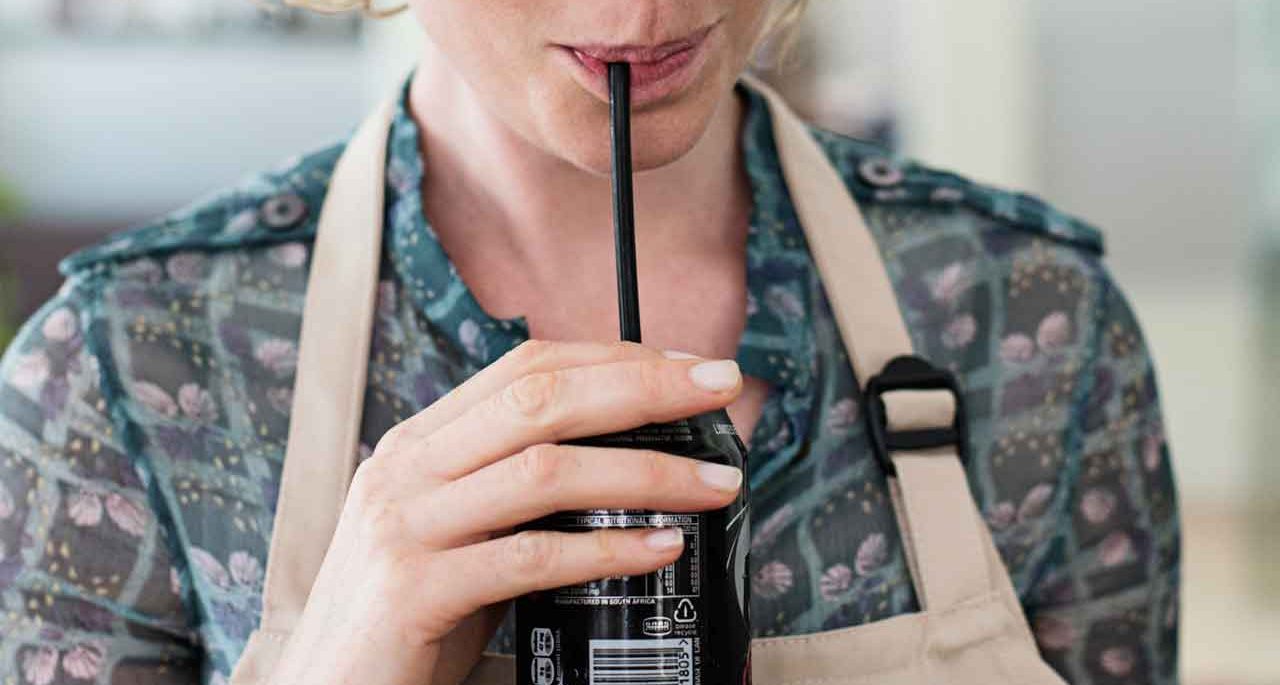Does Drinking Soda Cause Osteoporosis?

Studies surface from time-to-time that carbonated beverages cause osteoporosis, but are they true? (Hint: It’s the caffeine.)
Did you hear the rumor that if you drop a nail into a glass of cola and leave it there for four days, it will dissolve? How about the one that says Coca-Cola will rot your teeth? Another favorite is that cola strips the paint off cars.
While the above are all false, another popular belief is that carbonated beverages can cause osteoporosis. This is based on the Framingham Osteoporosis Study at Tufts University, in which researchers examined the relationship between bone density and soft drinks.
YOU MIGHT ALSO LIKE: Strength Training for When You’re Over 50
The Framingham Study started in 1988. It actually was established in 1948 to study heart disease; the osteoporosis research was later added. Since that time, researchers have done several follow-ups.
The researchers found that not all carbonated beverages are equal. Some contain caffeine and others have phosphorous in the form of phosphoric acid. It was believed that the phosphoric acid in colas leached into the bones and over time weakens them.
That theory was proved to be wrong because phosphorous exists in our bodies, and, much like calcium, it is a major part of our bones. The phosphorus found in food is used to build healthy bones and other tissues. However, the research suggested that when it is added to processed foods and soft drinks, we are getting too much of a good thing because too much phosphorous reduces the amount of calcium that our bodies absorb.
Problem is: there is no scientific agreement as to how much phosphorous is too much. According to the National Osteoporosis Foundation, a diet rich in phosphorous is safe as long as we get enough calcium and have normal kidney function.
What researchers found in their study was that caffeine, which is found in coffee, tea, and some soft drinks, is the culprit. Large amounts of caffeine can cause bone loss because it interferes with calcium absorption.
If you happen to drink lots of colas and other sodas with caffeine, it’s wise to add calcium to your diet by drinking either almond or regular milk, and eating calcium-rich foods like broccoli. Taking calcium supplements is also smart.
Drinking mineral waters, seltzer, and sparkling water have no negative effects on our bones. So, if you enjoy those drinks, you can indulge.
If you feel that your body is deficient in calcium, the National Osteoporosis Foundation recommends adults under age 50 take 1,000 mg of calcium every day. If you are over 50, you should get 1,200 mg of calcium in your diet every day.
The foundation suggests the following exercises to build strong bones and muscles:
- Start with weight-bearing exercises that can be high- or low-impact. High-impact exercises include dancing, aerobics, hiking, jogging, running, jumping rope, climbing stairs, and playing tennis.
- Low-impact exercises include: using elliptical training machines, doing low-impact aerobics such as walking, cycling, rock climbing, Tai Chi, yoga, and Pilates.
- To strengthen muscles, try activities in which you move your body, a weight, or some other resistance against gravity. These exercises, also known as resistance exercises, include lifting weights, using elastic exercise bands for stretching, and using weight lifting machines. You can also do simple stretching exercises, such as standing and rising up on your toes.
Before you begin any exercise program, talk to your doctor. Even simple yoga or Pilates movements that can improve strength, flexibility, and balance, may not be safe if you have osteoporosis. That’s why it’s always smart to check with your doctor.
Updated:
February 27, 2020
Reviewed By:
Janet O’Dell, RN